The Neubauer Collegium for Culture and Society has selected 13 new collaborative research projects for 2023-24. The projects, led by faculty members from across UChicago working alongside partners at institutions in the United States and abroad, will launch July 1, 2023.
Each year, the Collegium supports interdisciplinary research projects that bring together experts who draw on various methods and tools to address and solve complex problems. Since its inception, the center has supported 130 projects led by 253 faculty fellows representing nearly every division and professional school at the University. More than 70 Visiting Fellows from 21 countries have collaborated on Collegium projects and other research efforts at the University.
“These projects embody the kind of creative, collaborative research that the Collegium strives to foster,” said Tara Zahra, who was appointed Neubauer Collegium Roman Family Director in May. “We are particularly proud of the diverse disciplinary perspectives represented in this cohort, and the way in which many of the projects tackle critical problems and issues in the world.”
Tackling critical problems
The research team on Government Data Markets: Mapping and Evaluating Problems in Intergovernmental Data Flows will study the way personal data flows across governments without individuals’ awareness or consent. By identifying the technical and legal instruments that could reduce the risks of oversharing such data, the project may help shape policy in this crucial area.
Transperformations: Breathing Machines Across Worlds is a continuation of Pulmonographies, an innovative Collegium project that combines artistic performance with theoretical inquiry to study the history of tuberculosis in South Africa. A series of “performance lectures” and graduate seminars are informing a new curriculum at the University of Cape Town’s Institute of Infectious Disease and Molecular Medicine.
New frameworks
Several projects this year aim to push well-established fields of inquiry in new directions.
Since the 2008 financial crisis, the intervention of governments and central banks has coincided with growing public mistrust of political and economic institutions. The interdisciplinary research team on Economic Planning and Democratic Politics: History, Theory, and Practice will explore the range of relations between markets, states and democracy in this new “post-neoliberal” period.
Silk Road Imaginaries will bring together scholars of the polities and cultures traditionally associated with the Silk Road. In a series of workshops, participants will address the project’s key question: How can an exploration of premodern trans-Asian exchange reinvigorate the “Silk Road” as a useful concept?
Diverse perspectives
A mounting interest in how plants “think” has transformed the way we conceive of memory, cognition and intelligence. In Phytological Critique, scholars will work with scientific models and media paradigms to reconsider some foundational ideas we hold about the environment and planetary formations.
Untidy Objects, a “living sculpture” sited adjacent to the Logan Center for the Arts, doubles as a social intervention, prompting visitors to consider the legal and political rights of living beings. The research team on this project will add “augmented reality” technology to the water and vegetation features, and study the way it alters viewers’ responses to the sculpture.
—For the full list of 2023-24 research projects, see the Neubauer Collegium’s announcement.
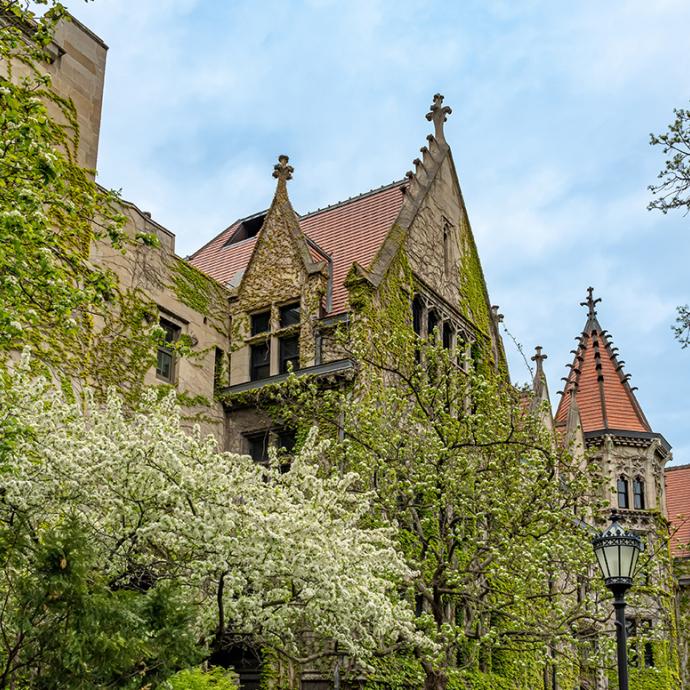
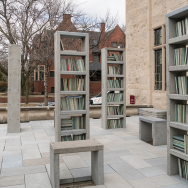
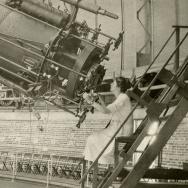
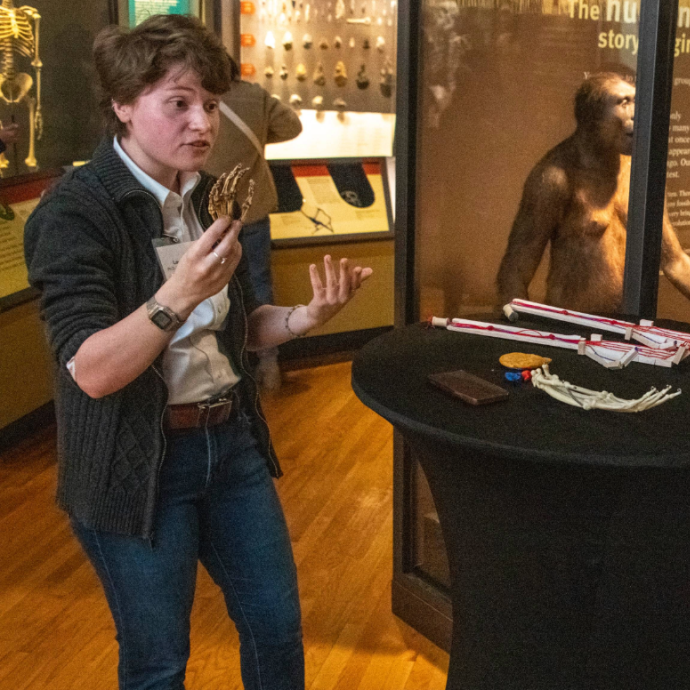
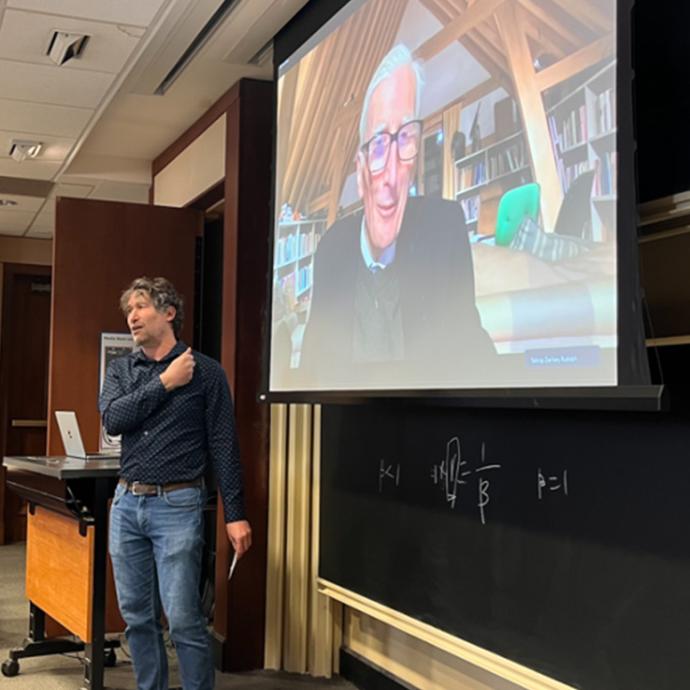
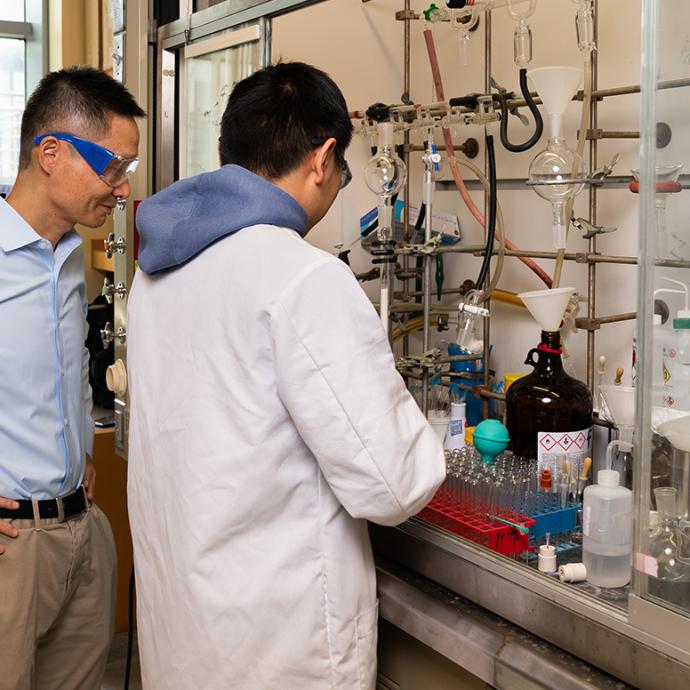

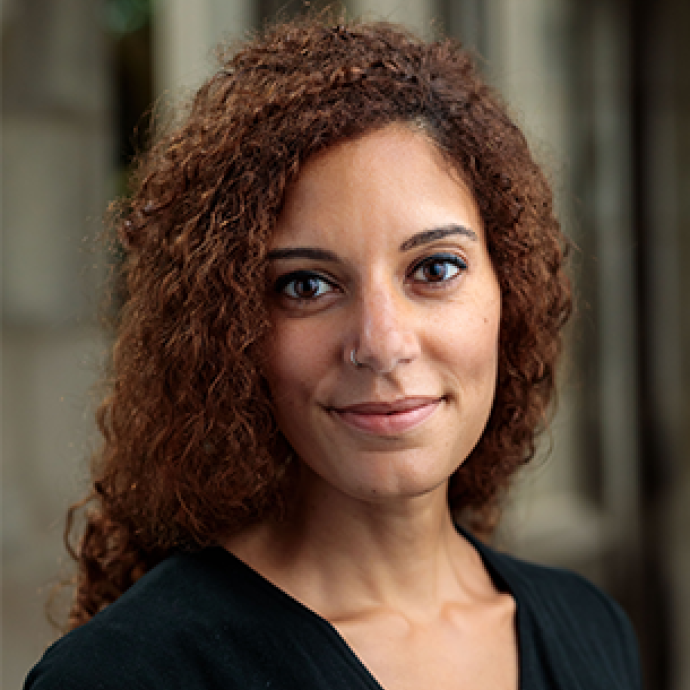
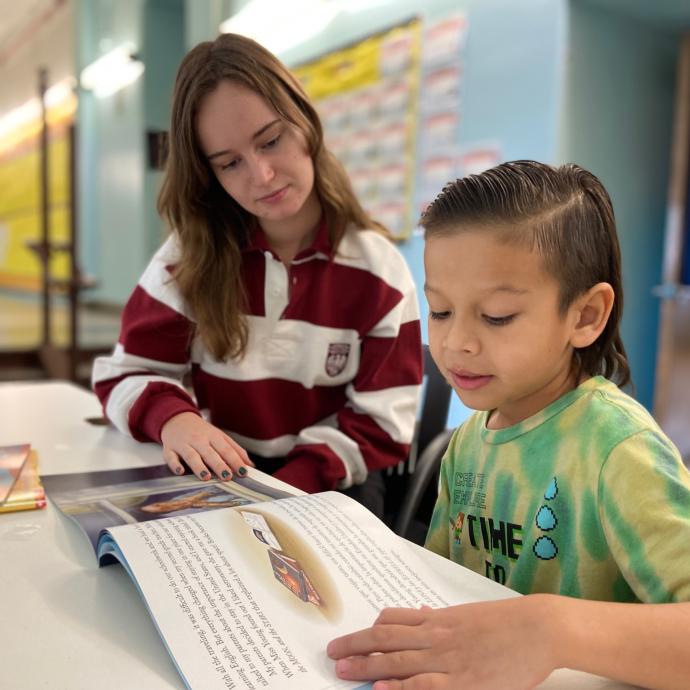


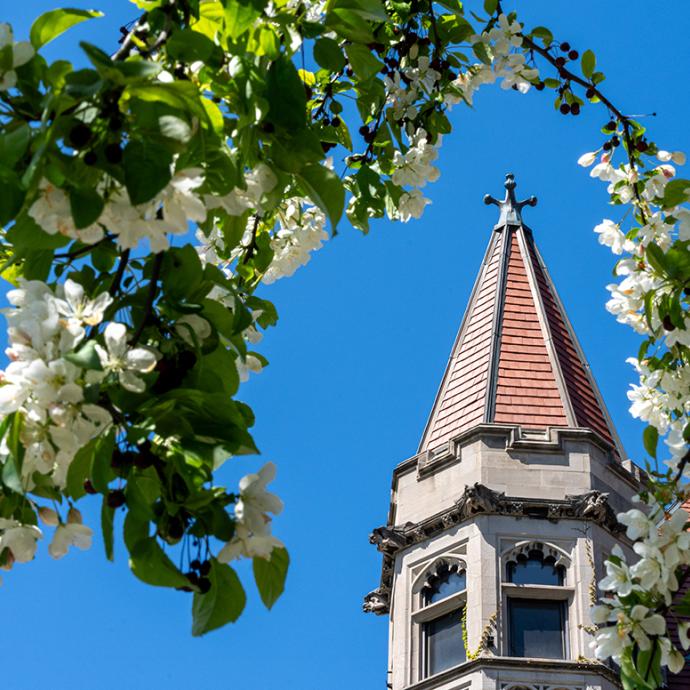
 —Prof. Chuan He
—Prof. Chuan He
